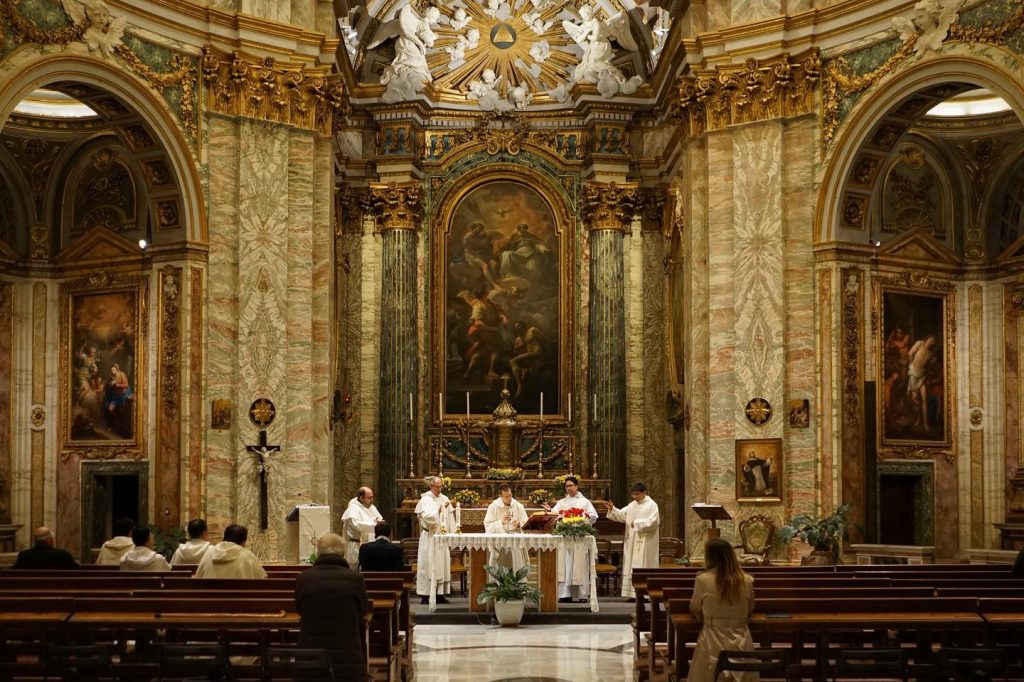
Matthew the writer wants us to know and grasp Jesus’ viewpoint on the Sabbath. So having just documented an interaction Jesus had with the Pharisees about it, he immediately records another incident, apparently on the same day. “Going on from that place, he went into their synagogue, and a man with a shriveled hand was there. Looking for a reason to accuse Jesus, they asked him, “Is it lawful to heal on the Sabbath?”
Previously, Jesus had been accused by the Pharisees of breaking Sabbatical law by allowing His disciples to quench their hunger by picking grains on the Sabbath – the one day God had specifically told His people not to work. Jesus’ response was that the immediate need of the disciples temporarily displaced the ceremonial observance of Sabbatical principles: A starving man should be fed on Sabbath, even if that means work must be done. Besides which, everyone knew that temple law is not broken when the priest does work at the temple. Jesus’ presence was far superior to the temple, so His disciples’ work is not in violation either.
In this instance, most every aspect is reversed from the previous story. Where the Pharisees had confronted Jesus at the location His disciples were ‘working’ by picking grain, now Jesus goes to the Pharisee’s place of work (“their temple”) and sees one of their disciples – a man with a withered hand. Further, where Jesus had earlier asked the Pharisees a question, now they ask Him a question. Theirs is a question steeped in dishonesty, for it is not asked that revelation might be given, but that accusation might be made.
Ironically, this fact itself continues the pattern of reversal. For where Jesus had asked His question to free their myoptic worldview, they ask that they might ensnare toward their own; “Is it lawful to heal on the Sabbath?”
In the mind of the Pharisee, healing on the Sabbath was forbidden unless it was a life-threatening emergency. The healing they are tempting Jesus to do is to alleviate a pre-existing condition, not solve an immediate crisis like the hunger the twelve had. It was an opportunity to get Jesus to contradict His earlier teaching, and so be able to accuse Him of inconsistency. After all, the man in question could simply look for healing on another day of the week. Jesus simply didn’t need to heal him right then and there.
What they failed to grasp is that they are looking for the wrong answer by asking the wrong question. God’s Law was never about legalism and minutiae. It was about God. It was about revealing principles that are important to God’s character and ways. The very fact that God cared enough about people to even give them the Law to start with tells us that God cares. How much more the story of the garden, Babel, Noah, Exodus, and the great many instances where God demonstrates His overwhelming love for people through Israel’s history. The very Law the Pharisees prided themselves on knowing dripped with the obvious answer! God cares deeply for those He made in His own image, and that fact must dominate our response to the community around us.
Sabbath or not, we always need to emulate His character of mercy, compassion and love. Always. Every day and every hour and in every circumstance!
True godliness results not from mere mimicry, but from a deepening relationship with God himself.
Philip A. Bence
APPLICATION: Intentionality
Where does demonstrating God’s love and care for others fit in your personal list of priorities?










